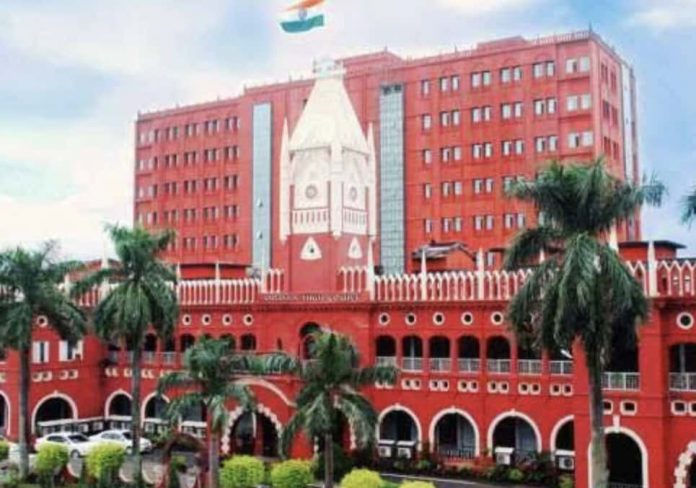The Orissa High Court has recently held that the ability to provide redress to victims of state and police excesses is what makes the role of the Odisha Human Rights Commission and other human rights bodies in general, significant.
Hearing a petition filed by Tapan Narayan Rath and another, the Division Bench of Chief Justice S. Muralidhar and Justice A. K. Mohapatra observed that the persons against whom the complaint was given were policemen who were in complete control of the records and possible witnesses. It is a herculean, and well-nigh impossible, task for any ordinary person, who is a victim of police excesses, and with little means or access to resources, to be able to gather evidence.
The challenge in the appeal is to an order passed by the Single Judge on October 29, 2021 dismissing the appellants’ writ petition which had sought the quashing of recommendations made by the OHRC on September 7, 2021.
The recommendation of the OHRC was to the effect that a regular case should be registered on the complainant’s report and that for violation of the human rights of Jihit @ Abhijit Mohuria, the son of the complainant Prabina Mohuria, compensation of Rs 30,000 should be paid by the State Government.
It was further ordered that if the compensation amount was paid, proceedings should be initiated to recover the said amount from the appellants one of whom was serving as the Inspector In-Charge and the other who was serving as Sub-Inspector of Police of Jeypore Town P.S., in equal proportion.
K.P. Mishra, Senior Counsel appearing for the Appellants, submitted that there were no materials to substantiate the allegation of unlawful detention of Abhijit Mohuria, and therefore, there was no factual or legal basis for the OHRC’s findings and recommendations in that regard.
The Court noted, “The order of the OHRC notes that when the Superintendent of Police, Koraput failed to indicate anything about this incident in his report, the OHRC was constrained to ask its own investigation wing to conduct an enquiry. That inquiry came up with the finding that Abhijit Mohuria was illegally detained between 29th October and 2nd November, 2016.
Also Read: Punjab and Haryana HC disposes of PIL alleging violations of RTE Act provisions in Haryana
However, the OHRC did not stop at that. It invited a response from the Appellants. They appeared through an advocate and kept taking time to submit a response. On three dates an opportunity was given to them by the OHRC to file a response. However, no response was filed. Consequently, the Court was not impressed with the submissions of Mishra that adequate opportunities were not given to the Appellants to place their version of the events before the OHRC.”
The Court held, “As regards the absence of proof or documents being submitted by the complainant, given the nature of allegations and the fact that the persons against whom the complaint was given were policemen who were in complete control of the records and possible witnesses, it is a herculean and well-nigh an impossible task for any ordinary person, who is a victim of police excesses, and with little means or access to resources, to be able to gather evidence. It is only a statutory body like the OHRC which has an exclusive investigating wing, which incidentally is itself composed of police officers of the State who come over on deputation, which can possibly unearth the truth. The ability to provide redress to victims of state and police excesses is what makes the role of the OHRC, and other human rights bodies in general, significant.
Also Read: Delhi High Court adjourns plea of 16 liquor license bidders on fixing MRP for all brands of liquor
“In any event, the order of the OHRC was in the nature of recommendations and should not be construed as a final opinion. Which is why the recommendation itself is only that a regular case be registered. That will obviously take its own course in accordance with law. As regards the compensation amount, it is insubstantial to warrant any interference by the Court.
“Consequently, the Court finds no error having been committed by the Single Judge in declining to interfere with the order of the OHRC.” Accordingly, the court dismissed the appeal.


